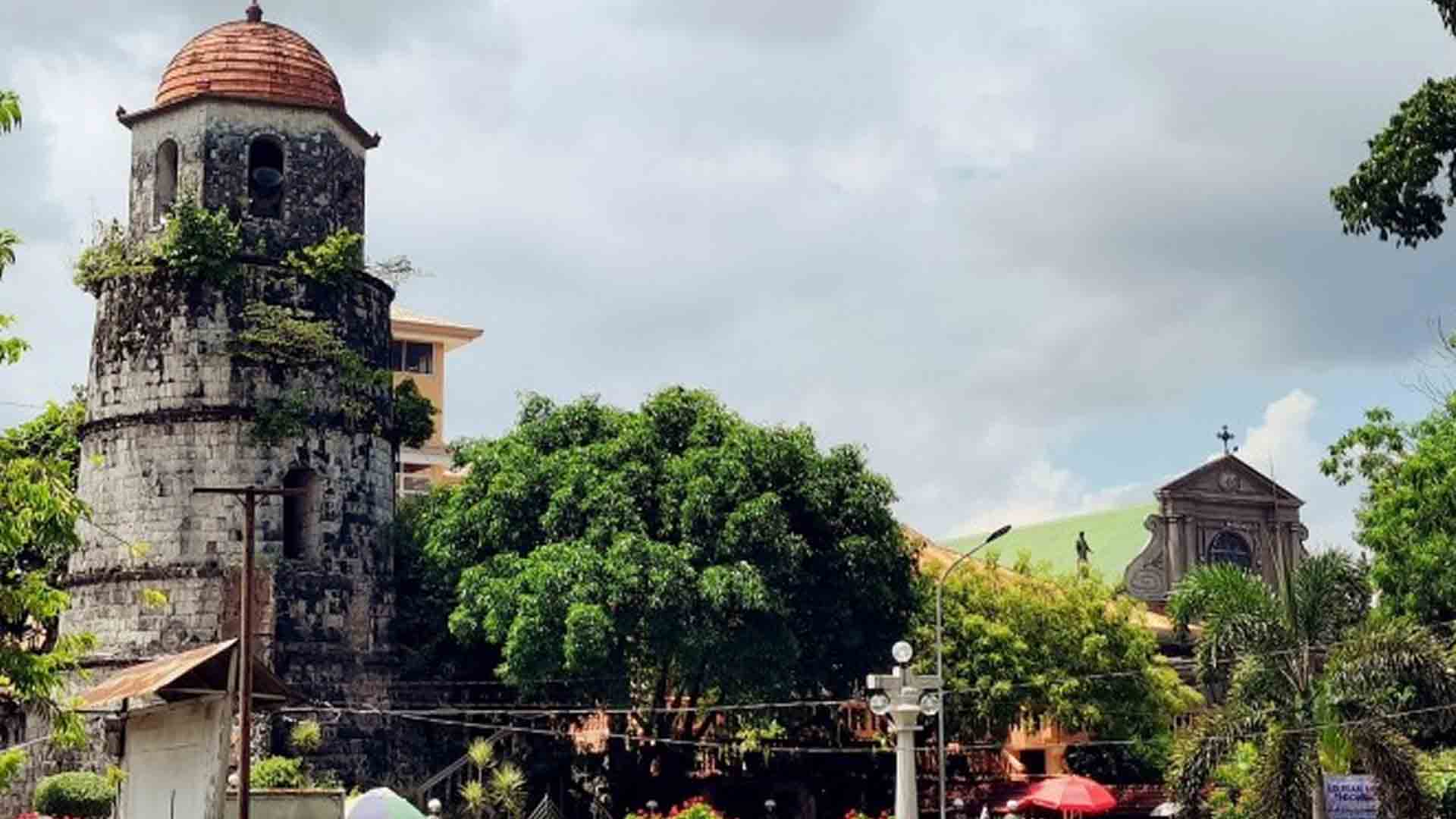The Commission on Church Cultural Heritage of the Diocese of Dumaguete is seeking to have the Cathedral Belfry Tower here declared as part of this capital city’s cultural heritage and historical landmarks.
Msgr. Perpetuo Julius Heruela and his team of heritage workers appeared on Monday before members of the Sangguniang Panglungsod for a joint meeting of the committees on tourism and culture and the arts; finance, appropriation and ways and means; rules ordinances, legal matters and good governance; and housing and urban development and land use and general services, to discuss a proposed resolution for the declaration.
They were ordered to enlighten council members on the proposed declaration and how it would benefit the city.
Heruela said the belfry tower not only speaks of a rich cultural heritage during the Spanish era but it is also a well-known landmark of the city.
“The belfry acted in the olden days as an alarm system for residents against Moro invaders and not only that, it is used in the seal or logo of the city and even in many events related to Dumaguete or Negros Oriental,” the priest said in mixed English and Cebuano.
“The watch tower is synonymous to the city as part of its history and not just as a religious structure being a part of the Cathedral compound,” he added.
Councilor Karissa Tolentino-Maxino last week authored and proposed “A Resolution Declaring the Watchtower-Belfy of the Cathedral of Santa Catalina de Alejandria in Dumaguete City, Negros Oriental, as part of the Cultural Heritage and Historical Landmarks of Dumaguete City”.
However, this was shelved after the council moved to first meet with Heruela and other heritage workers, including city tourism officer Jacqueline Antonio, on the merits of the resolution.
Heruela told the legislators that the declaration of the belfry tower would qualify it to avail for funding for restoration, conservation, and/or preservation from government agencies, such as the National Historical Commission of the Philippines or the National Museum.
The belfry, also known as the “Campanario de Dumaguete”, is a landmark heritage of the city and has been declared by the National Museum as an Important Cultural Property (ICP), he said.
Fr. Roman Sagun, the diocese’s historian who was present in the meeting, said it is one of the oldest bell towers in the Visayas and was built in the 1700s.
The “campanario” is a four-story ovoid tower standing within the property of the Cathedral of St. Catherine of Alexandria Church. It is registered in the name of the Roman Catholic Bishop of Dumaguete, Diocese of Dumaguete.
The tower is made of coral, lime, and brick facing having arched and diamond-shaped windows. It consists of four graduated levels, with each succeeding story smaller than the previous going up.
The first and second levels were completed during the time of Fr. Jose Manuel Fernandez de Septien in the 1760s. The third and fourth levels were built during the tenure of Fray Juan Felix de la Encarnacion in the 1870s.
The belfry’s remaining four bells, marked with dates at 1818, 1932, 1933, and 1936, signify its historical and cultural importance as well.
“The fact that an icon of the belfry is found in the city’s official seal speaks of its distinct and valuable connection and contribution to the city’s history,” Heruela said.
Oliver Sobere Yu, another church cultural heritage worker, highlighted the need for immediate intervention to prevent further degradation of the bell tower.
During the meeting, the city councilors reassured Heruela and his team that they are supporting the proposal which would be discussed during their regular session on Tuesday. (PNA)







